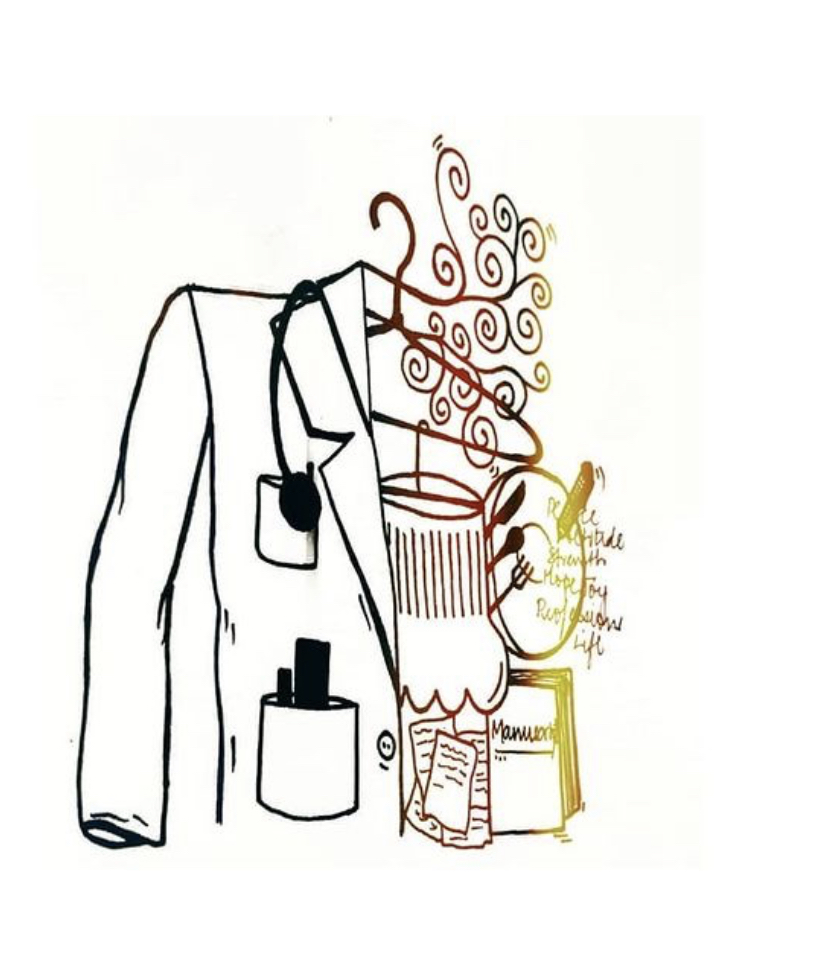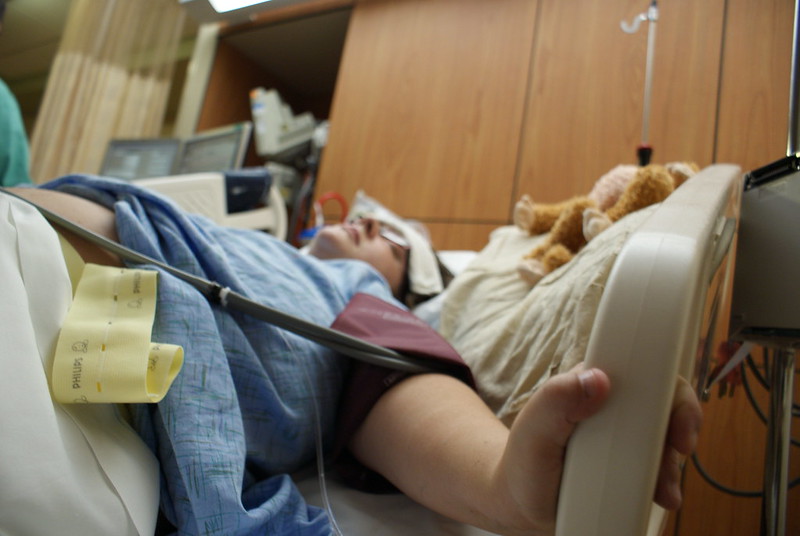It’s Time to Improve Medical Education on Obesity
In light of obesity’s concerning prevalence and economic burden, it becomes imperative that we equip future health care providers with the knowledge and skills essential for effective obesity management. However, despite the numerous consequences of obesity on both individuals and society, medical students are often found to be inadequately prepared to discuss weight management with patients.








